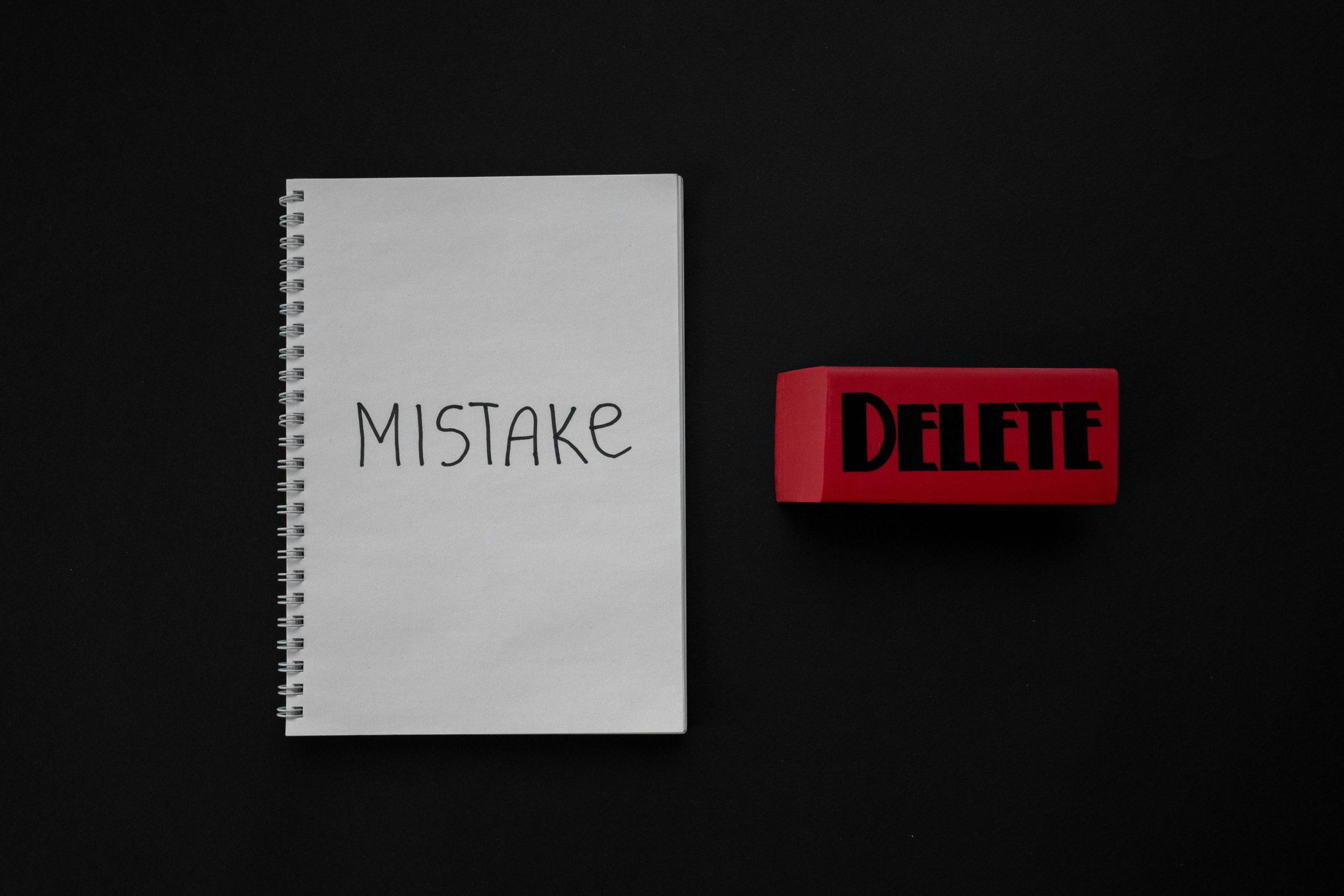5 Tax Deductions for Businesses
Published:Beyond normal day-to-day business expenses, there are many other tax deductions that can help business owners reduce their tax liability. Not using all the deductions available on your tax return is like throwing money away at the end of the year.
If you own a business, big or small, there may be some deductions you are missing. Here are 5 common business tax deductions that can be overlooked:
1. Personal Vehicle Use
You can deduct the use of your personal vehicle for business purposes. Although you can include expenses such as gas, insurance, and maintenance, you will need to account for the percentage of time it is used as a personal vehicle. The easiest method is to track your mileage (you will need to maintain a written log) and use the per-mile deduction offered by the IRS for business use of your vehicle.
2. Home Office Deduction
If you use a home office consistently to conduct business activities, you may be able to claim the home office tax deduction. The office must be an area that is specifically and solely used for business. You can add up your home expenses and deduct a percentage of those expenses based on square footage of your home office. The easiest calculation method is the base deduction, which gives you a dollar amount per square foot.
READ: 5 Tax Tips for New Businesses
3. Office Equipment and Supplies
Take advantage of every penny you spend on your business, right down to the paper clips you buy for your office. Keep receipts for every stapler, printer paper ream, and computer monitor that you buy for your business, and deduct these expenses on your tax return. You can even deduct your computer software and business-related magazine subscriptions.
4. Travel and Entertainment Expenses
If you travel for business or you entertain clients, you may be able to deduct a portion of the cost as a business expense. This can include transportation, lodging, meals, and other similar expenses. Keep your receipts and document what the expenses were for as they relate to your business. In most cases, you can deduct at least 50% of the costs of meals and travel as a business expense.
5. Health Insurance
If you pay for your own health insurance as a self-employed person or business owner, you can deduct 100% of the costs as a business expense. You may also be able to deduct your spouse’s insurance premiums if they worked for your business as an employee. Under the new Affordable Care Act, you may also be able to deduct part of the business-paid portion of health insurance for your other employees.
Talk to your tax professional to ensure that you are getting all the tax deductions and tax credits that are available for your business. You may have been missing out on tax savings that can increase your net business revenue.
For more information, please see IRS Publication 535 (Business Expenses) and IRS Publication 334 (Tax Guide for Small Business).



